Nobleman: The concept of nobles came from the learned associates of the monarch who were originally vested in providing important advice on the various proceedings in the kingdom.
Concept of Nobility
Over the years, the concept of nobility had become hereditary. From pioneers in their fields, the nobles became more of a family tradition than anything else.
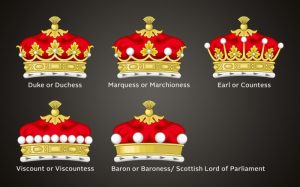
This has been so all over the world. The British nobility is also something of the same manner. The titles were hereditary and they had some specific powers and rights.
Powers of the Nobles
Though the powers of the nobles varied among the different rules, the British nobility has existed through the ages and the ruins can still be found well-established among the modern society.
The membership of the nobility was regulated by the monarch or the government existing at the time. Thus they were distinguished from the upper classes of society who possessed extreme wealth.
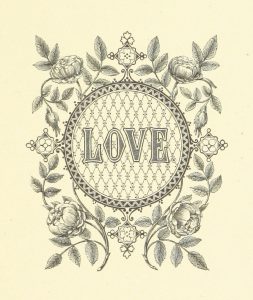
Nobility was much like a closed caste, which could be achieved by the commoners by the acquisition of certain powers, wealth, military leadership and of course, royal favor.
There are mostly a variety of ranks within the nobility. This has been so among most cultures. Hereditary titles often distinguish the nobles from the commoners, though many nobleman did not have titles altogether.
The British Nobility
The British nobility had played a major role in shaping the history of the country. The present-day hereditary peers do not possess any special rights, responsibilities or privileges.
However, there are some residual rights that would allow them to stand for election in the House of Lords, the mining rights in the House and the rights to certain titles, along with an audience with the monarch.
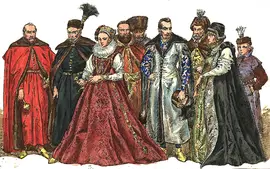
The peers and their families are what comprise the British nobility. The members of the peerage have various titles that they carry like the Duke, Marquess, Earl, Viscount, and Baron.
All the British honors and titles under the peerage are obviously created and maintained by the British monarch.
The titles take effect when the holders are offered letters patent, that is affixed with the Great Seal of the Realm. The peerage can refer to the whole body of peerage titles, as well as a specific title.
The History of British Nobility
The peerage had always been hereditary before the twentieth century and had obviously descended down the male line.
Thus the eldest son of the Duke, the Earl or the Marquess would get the honor of using one of the subsidiary titles of his father. Thus, the eldest son of an Earl will be addressed as a Viscount.
This modern system of the peerage that still exists was created sometime between the 12th and 13th centuries.
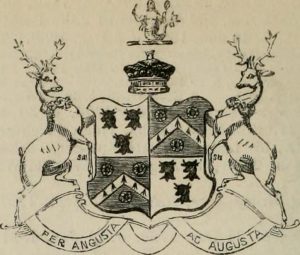
There was an attempt to form the Parliament that would comprise the clergy and the wealthy individuals to form a body of elected representatives for the common folk.
The privilege that a certain person would be called to the Parliament to represent depended hugely on the amount of land that he had control over.
Gradually, the titles that started to be inherited along with the rest of the estate. The non-hereditary positions were created for the Law Lords.
Life Peerages Act
The Life Peerages Act had been passed in the House of Lords in 1958 and the creation of hereditary peerages have become obsolete from that point, totally ceasing after 1964.
Since the constitutional reforms in 1999, the title of the peerage enables a holder a right to sit in the House of Lords.
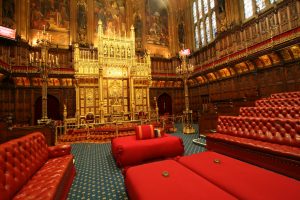
There have been 92 hereditary peers, of which 90 had been elected by ballot and replaced on death. The titles are often considered central to the upper class, but that is not always the case.
Classification of the British Nobility
The British nobility can be classified into two categories – the peers and the non-peers.
The peers include the following class of people:
- Duke and Duchess – The Dukes and Duchess originally represented the royalty in England. Only the person with royal blood could hold the position of Dukes. Soon after, it became the highest title among the nobility.
- Marquess and Marchioness – The Marquess is a nobleman of hereditary peerage and is next in power to the Duke.
- Earl and Countess – The Earl, another rank among the British nobility, ranks lower than the Marquess but above the Viscounts.
- Viscount and Viscountess – The Viscount is another rank in the peerage and they rank below the Earls
- Baron and Baroness – The Barons are among the weakest among the peers and hold the lowest rank.
The non-peers among the nobility include the following rank:
- Baronet and Baronetess – The Baronet is not a part of the peerage of the British nobility and was later inducted.
- Knights – The title of the knighthood is an honor bestowed on people with valor. They were not part of the aristocracy and the title was not hereditary.
Nobleman
These are the people who comprised the nobility. A nobleman could be one of these categories and ranks of people who were involved in various administrative powers of the monarchy.